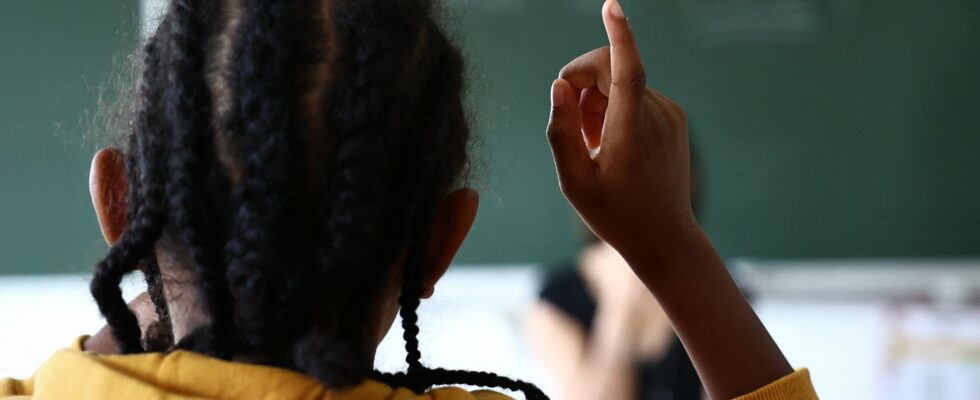Each year, the association e-Childhood reveals the results of a barometer that it has been establishing for four years regarding school bullying. The latest vintage reveals a stunning fact: among toddlers in primary schools, 20% have already experienced cyberbullying, a phenomenon on the rise compared to 2023. We knew that almost a quarter of young people had already been confronted with this new type of violence which can take the form of bullying, insults or threats. But realizing that children aged 6 to 10 are also affected immediately raises a question. What are they doing alone on the Internet? 67% of primary school students are already registered on social networks. 93% of middle school students are and 96% of high school students. The digital worlds are therefore recruiting earlier and earlier and absorbing an entire generation.
We know that this has consequences, particularly on sleep: a university study carried out across the Atlantic showed, more than ten years ago, that young people aged 13 to 18 were sleeping less and less due to the presence of screens. They would have needed two hours more sleep per day to optimize their brain development. More recently, three researchers from the universities of Tours and Orléans studied the sleep of 778 children aged 5 to 10 and showed that they rested fifteen to twenty minutes less over the past fifteen years. Even young children are therefore affected by the extension of the range of insomnia and it is even more physiologically serious for this age group.
Psychiatrist Raphaël Gaillard, professor at Sainte-Anne hospital, has mentioned several times recently his concerns regarding the deterioration of the mental health of young people. A surprising fact according to him because, usually, 8-12 year olds are relatively spared from psychological disorders. He notes, in his clinical practice, that pre-adolescents become suicidal and develop symptoms that were rarely seen appearing at this age traditionally. It turns out that the e-Enfance study indicates that, among those who have been victims of harassment, 29% have thought about suicide.
Digital island
This violence between children has always existed in the schoolyard but, most often, recourse to an adult was possible. This is not the case in digital worlds which are small societies between minors which operate without supervision. Moreover, 71% of parents say they do not know what their children do when they are on the Internet. It turns out that almost half of cyberbullying among young people takes place on WhatsApp: the closest thing to what we could call a “digital island”. This situation inevitably recalls the famous novel by William Golding His Majesty of the Flies published in 1954. The text depicts a society of children stranded on an island in the Pacific Ocean. As there are no surviving adults, they are left to their own devices. The theme of bullying is present with the character of “Piglet”, an intelligent but overweight boy, nearsighted and asthmatic, who suffers constant teasing from others, but this is not the real subject of the book. The question is: how will children naturally form a society? Things start well since it is Ralph who takes the democratic lead of the group and seeks to rationally manage their social life. Soon, however, a group of dissidents, led by the violent and vindictive personality of Jack, will overthrow the small society and descend into murder and horror.
We cannot say that Golding’s novel is particularly optimistic about the nature of Man and life in society. In any case, it offers an ideal narrative setting for what could become of these societies of children who exchange, confront and establish hierarchies among themselves without the arbitration of the adult world. By failing to monitor their children’s activity in the digital world, parents are abandoning their offspring to the possibility of social hell. The title of Golding’s novel is also a reference to the Lord of the Flies: the demon Beelzebub.
Gérald Bronner is a sociologist and professor at La Sorbonne University.
.
